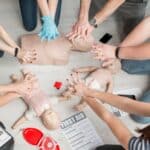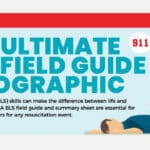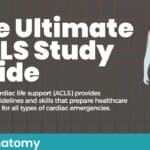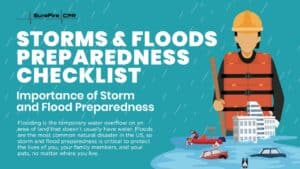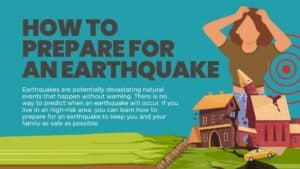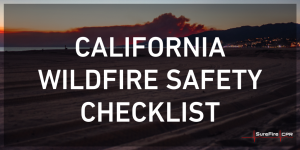Do you know what “Act FAST” means related to stroke symptoms? There is a quick, easy way to assess someone for stroke symptoms using this acronym.
Just as “time is muscle” for heart attack sufferers “time is brain” can be used for stroke victims as well. Acting quickly to assess a person’s reactions with the suspicion of stroke will save valuable time, which could make the difference between permanent damage and minor injury.
FAST is the acronym used to remember what to look for in a possible stroke victim, provided by the National Stroke Association and listed below:
If you think someone may be having a stroke, act F.A.S.T. and do this simple test:
F—FACE: Ask the person to smile. Does one side of the face droop?
A—ARMS: Ask the person to raise both arms. Does one arm drift downward?
S—SPEECH: Ask the person to repeat a simple phrase. Is their speech slurred or strange?
T—TIME: If you observe any of these signs, call 9-1-1 immediately.
Remember to note the time of the onset of symptoms and report this time to paramedics upon arrival. Following these guidelines allows pre-hospital and hospital workers to utilize appropriate ACLS training and move along the protocols used to support (and hopefully intervene on behalf of) the person suffering from the symptoms of a stroke.
Remembering to Act FAST is the key to better outcomes for those who fall victims of a stroke.

